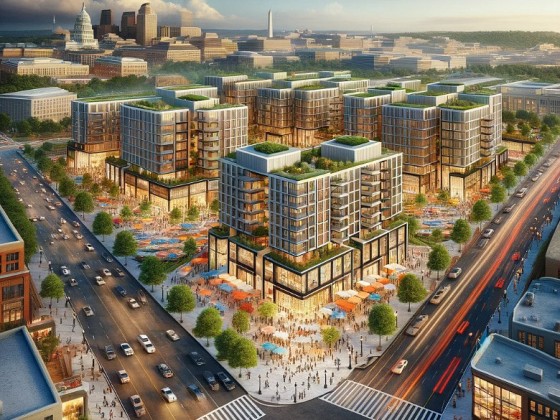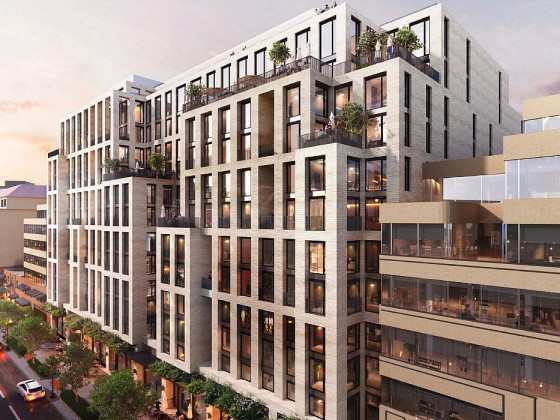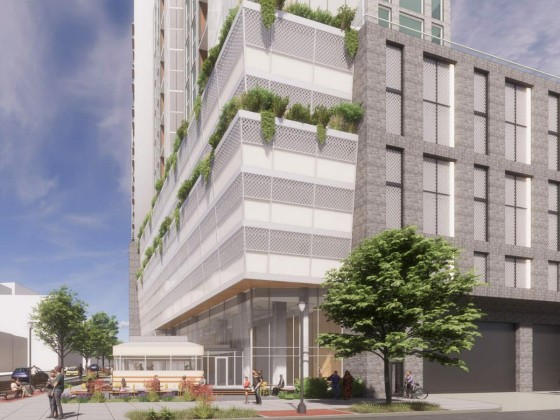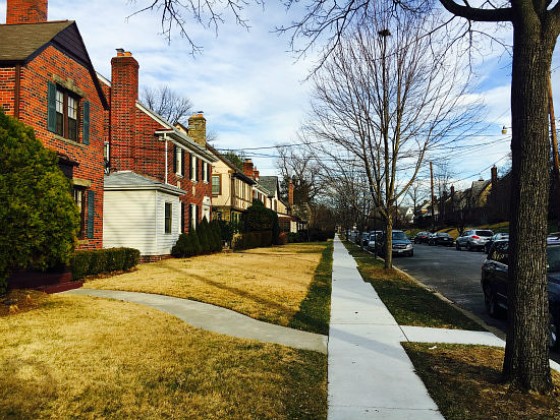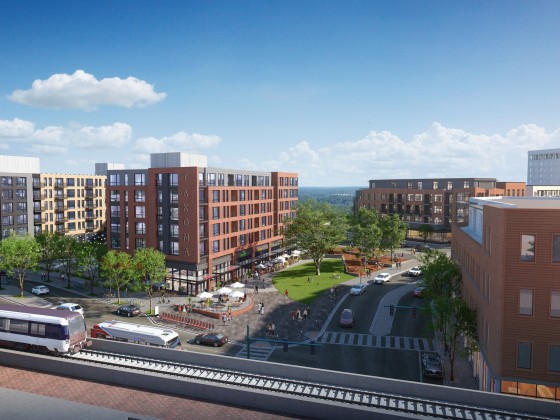 From Our Archives: The Foreclosure Crisis, Part I: How To Avoid It
From Our Archives: The Foreclosure Crisis, Part I: How To Avoid It
Last summer, we published an article that talked about ways homeowners could avoid the foreclosure crisis. As the crisis has continued to grow and more properties are heading toward foreclosure, we thought that it made sense to re-publish the article.
(This article was originally published on July 16, 2008)
News about the country’s foreclosure crisis seems to make it to the front page of national newspapers on a daily basis. Two of the nation’s largest mortgage finance programs needed to be bailed out by the federal government because of poor home loans and escalating foreclosure rates. More locally, a report released by George Mason University in June stated that the DC region has one of the fastest growing rates of foreclosure in the nation.
Despite its newsworthiness, the concept of foreclosure remains foreign to many people.
In simple terms, foreclosure is the process that is started when a home owner cannot make their monthly mortgage payments and the mortgage lender decides to sell the property in order to recoup the money that they are owed.
Foreclosure can be brought on by a variety of factors. Part of the blame for DC’s worsening crisis is being put on first-time buyers who bought homes with adjustable interest rate loans. When the rates for those loans went from 5 percent in the first year to 14 or 15 percent in the second and third years, they couldn’t make the higher payments.
Declining property values have also played a role in the DC area, specifically in situations where a property owner needs to sell in order to pay off his or her mortgage. In a number of instances, a home owner bought a property between 2002 and 2005 and has seen the property value decline rapidly, but is behind on mortgage payments and even selling the property cannot cover the remaining balance. (When your mortgage is larger than the current value of your house like this, it is called being “upside down” on your mortgage.)
Jarek Mika, a vice president at Sun Trust Mortgage in DC, noted that while there have been grim reports about foreclosures in the DC Metro area, DC proper has been pretty resilient. However, variables like a weekend’s worth of well-publicized crime can have a startlingly rapid effect on an area’s foreclosure rate.
“The recent spike in violence in the Trinidad neighborhood has resulted in property values dropping,” Mika told UrbanTurf. “The minute that those values drop, the foreclosures start to increase. And there is not a whole lot that people can do once the values start falling.”
However, there are steps that can be taken to help you avoid ever facing foreclosure.
First off, if there is a jump in the loan payment or change in the status that affects your payment schedule, the most important thing to do is talk with the lender. Don’t be embarrassed over your situation. Lenders do not want to foreclose on your house. They would rather help you by lowering your balance or your rates than take the house back and have to go through the expensive and long process of selling it themselves.
Second, do not use the services of a foreclosure prevention company. There are a number of for-profit companies out there that will negotiate with your lender for a large fee. While these may be legitimate companies, you can negotiate with the lender yourself, and put the money that you would’ve paid them toward your mortgage.
For those who are looking to buy, make sure that you can afford the payments. You should buy a home as a long-term investment, not just as a good place to live. “If you approach the purchase intelligently and with a long–term goal in mind, you will do well because property values will always appreciate in the long run,” Mika told UrbanTurf.
As noted above, adjustable rate and interest-only loans generally lead to trouble, so avoiding those type of loans is a wise decision. In this climate of tight credit markets, it would be hard to find such offers anyway.
“We have seen recently that people have been having issues when they use the exotic mortgage types,” Jared Mika said. “People do not usually get into problems with a 30-year fixed mortgage.”
Mika also said that it is particularly important in DC to use a local professional that is familiar with the many different sections of the city as opposed to a mortgage lender found on the internet or using an 800 number.
Even though there are a number of pitfalls out there, DC is one of the most generous localities when it comes to supporting home ownership.
The city government has set up a special financing program called DC Bond that offers 30-year fixed loans at low-interest rates. First-time home buyers can take advantage of this program regardless of where they are buying in the city. Repeat home buyers must buy in areas specifically targeted by the program.
The Home Purchase Assistance Program (HPAP) is another DC initiative that gives up to $40,000 in financial assistance to low to moderate income individuals to purchase single-family homes, condominiums and apartments. The money provided by HPAP can be used for a down payment and/or closing costs, and it comes in the form of a low-interest 5-year deferred loan.
So, despite the fact that foreclosure is unfortunately becoming a reality for many home owners, there are not only ways to prevent it before you sign the closing papers, but also programs in place that will help you get a good loan in a market where those are tough to get.
This article originally published at https://dc.urbanturf.com/articles/blog/from_our_archives_the_foreclosure_crisis_part_i_how_to_avoid_it/98.
Most Popular... This Week • Last 30 Days • Ever
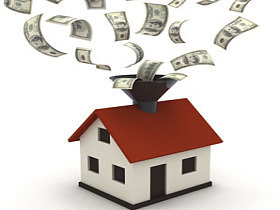
DC's homebuyer assistance programs can be a bit complex. This edition of First-Timer ... read »
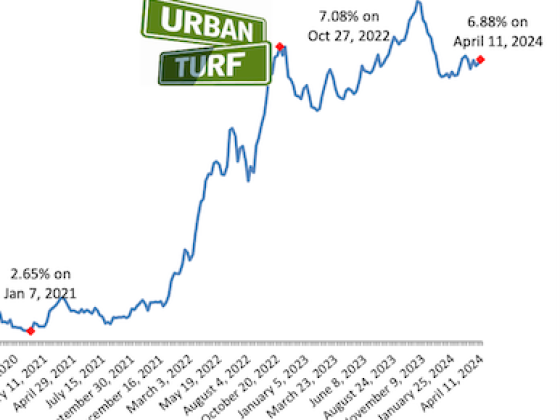
When it comes to financing a home purchase, a 30-year mortgage is one of the most com... read »
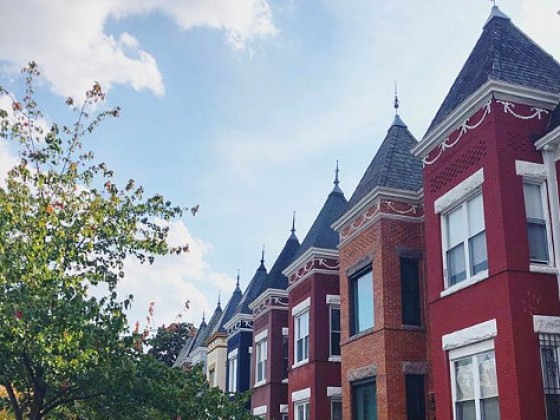
Pocket listings are growing in popularity in the low-inventory market in the DC regio... read »

Margarite is a luxury 260-apartment property known for offering rich, high-end reside... read »
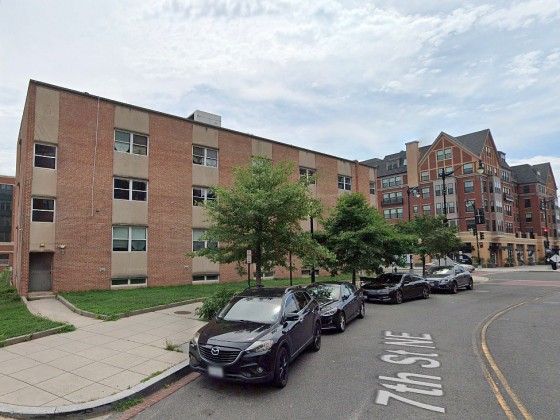
The owner of 700 Monroe Street NE filed a map amendment application with DC's Zoning ... read »
DC Real Estate Guides
Short guides to navigating the DC-area real estate market
We've collected all our helpful guides for buying, selling and renting in and around Washington, DC in one place. Start browsing below!
First-Timer Primers
Intro guides for first-time home buyers
Unique Spaces
Awesome and unusual real estate from across the DC Metro






